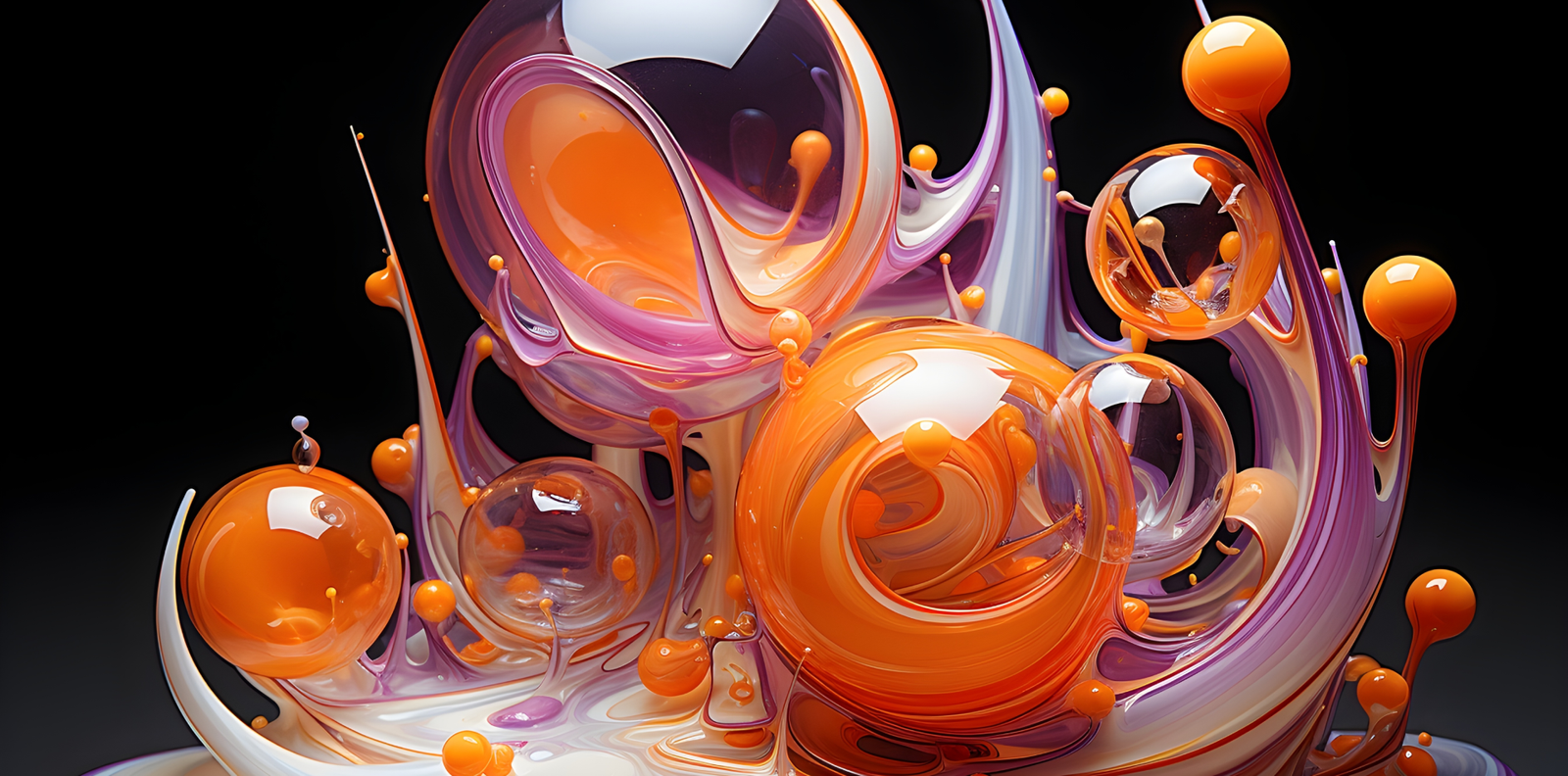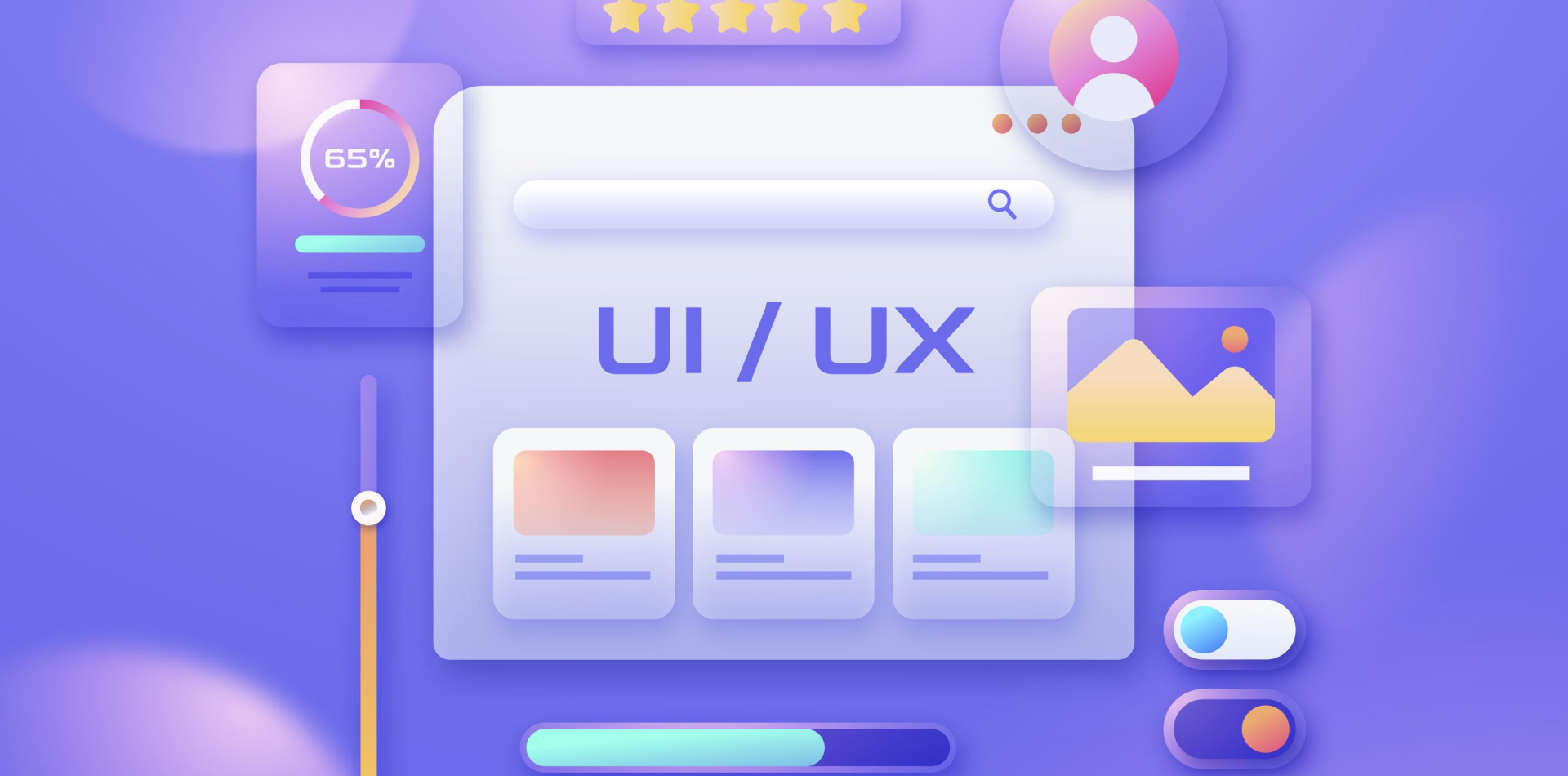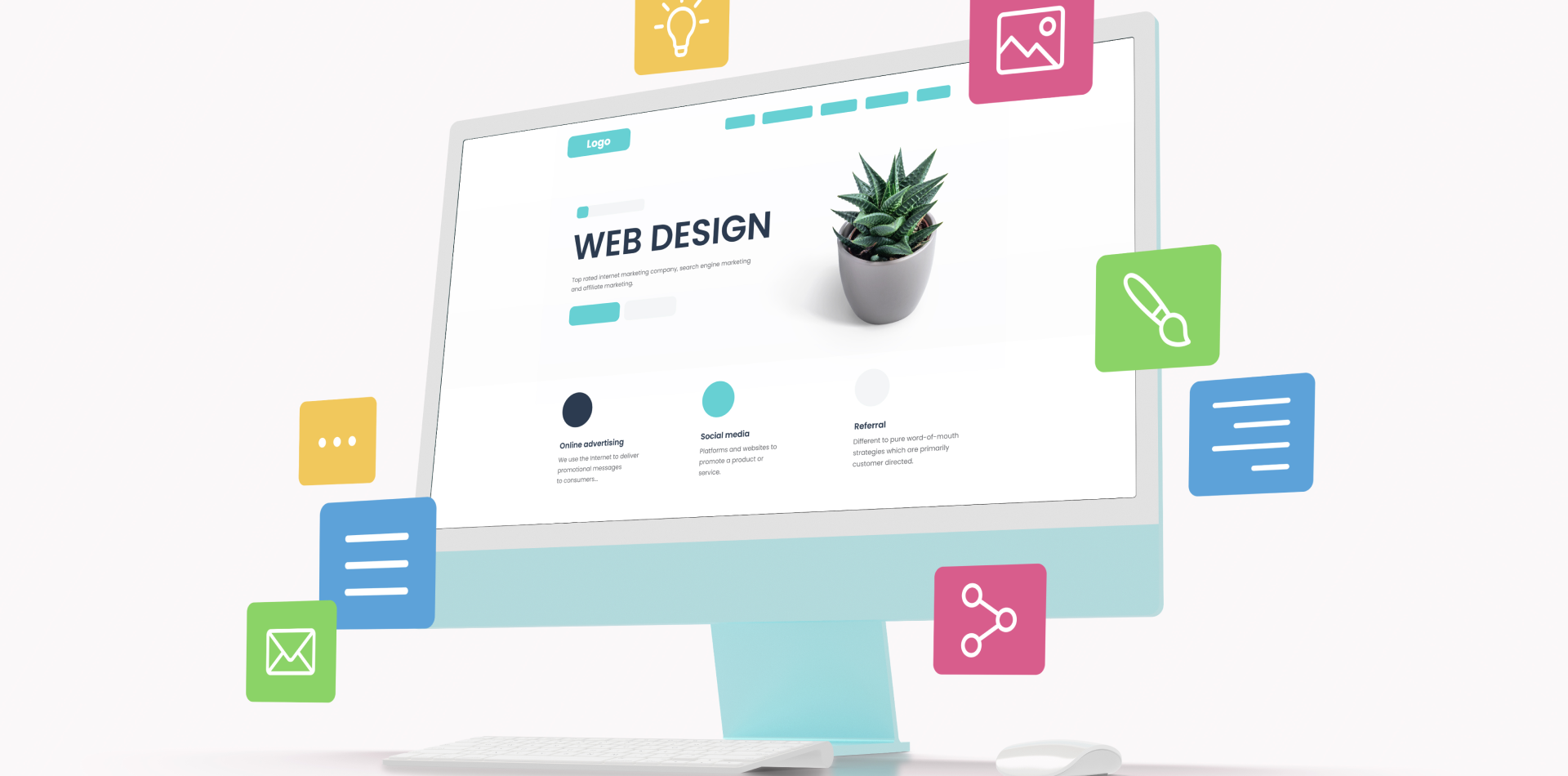Design is often mistaken as just a creative expression, but in reality, it is much more. Unlike pure art, which is driven by emotion and personal vision, design has a goal—it solves problems, enhances experiences, and meets specific objectives.
A beautifully designed product, website, or interface isn’t just about aesthetics; it’s about making things work better, guiding users seamlessly, and achieving business or functional goals. In short, design is art—but optimized for impact.
Let’s explore how design strikes the perfect balance between creativity and purpose.

🎨 Art in Design: The Creative Foundation
✨ Aesthetic Appeal Enhances Engagement
Great design captures attention. Colors, typography, and layouts play a crucial role in creating visually appealing experiences. When something looks good, users feel naturally drawn to it.
✨ Emotional Connection Creates Loyalty
Design isn’t just about function—it’s also about feeling. The best designs evoke emotions, tell a story, and build trust. Whether it’s the warmth of a friendly UI or the boldness of an innovative brand, design influences how users feel about a product.
✨ Creativity Fuels Innovation
A designer’s artistic vision drives innovation. Unique compositions, unexpected color palettes, and thoughtful interactions transform ordinary experiences into memorable ones.
🎯 Optimization: Where Art Becomes Functional
✅ Design Serves a Purpose
Unlike traditional art, which is open to interpretation, design has a clear intent. Every button, layout, and interaction should guide users toward a goal—whether it’s making a purchase, signing up, or engaging with content.
✅ User Experience Over Aesthetics
A design that looks stunning but confuses users is a failure. UI/UX principles ensure that designs are not just attractive but also intuitive and easy to navigate. The best designs are both beautiful and functional.
✅ Clarity & Accessibility Matter
A great design is one that everyone can use, including people with disabilities. Typography, contrast, and spacing should be optimized for readability and accessibility, ensuring that every user has a seamless experience.
✅ Performance & Efficiency Play a Role
Even the most artistic website or app needs to be optimized for speed, responsiveness, and usability. A slow or poorly structured design loses users, no matter how visually appealing it is.
📌 How to Balance Art & Function in Your Design
🖌 Start with a Clear Objective – Before jumping into aesthetics, define the purpose of your design. What problem are you solving? What action should users take?
🎨 Use Art to Enhance, Not Distract – Colors, typography, and illustrations should guide users, not overwhelm them. The best designs make an impact without unnecessary clutter.
🛠 Prioritize Usability Over Decoration – A stunning UI is useless if users struggle to navigate it. Simplicity, clarity, and intuitive interactions should always come first.
🚀 Test & Optimize for Performance – Art-driven designs must also load fast, be mobile-friendly, and provide a seamless experience across all devices.
🔄 Iterate & Improve Based on User Feedback – No design is perfect on the first try. User testing helps refine both the artistic and functional aspects of your work.
🏆 Final Thoughts: The Art of Purposeful Design
Design is not just about making things look good—it’s about making things work beautifully. The most powerful designs are those that balance aesthetics with usability, emotion with functionality, and creativity with clear intent.
Next time you design, ask yourself:
🎯 Does this look good AND achieve its goal?
🎯 Is this design functional, accessible, and engaging?
🎯 Am I optimizing art to create a meaningful experience?
If the answer is yes, then you’ve created something truly exceptional.
💬 What’s your take on balancing art and functionality in design? Let’s discuss in the comments! 🚀




18 Comments
Emma Carter
18 February 2025Love this! Design isn’t just about looking good—it has to work too. Balance is everything! 🎨✨
James Mitchell
18 February 2025This is spot on! A beautiful but confusing design is useless. Functionality first, always! 🔥
Sophia Lewis
18 February 2025I love the idea that design is art, but with a purpose. That mindset changes everything!
Liam Parker
18 February 2025Great insights! Aesthetic appeal draws users in, but usability keeps them engaged. 🚀
Olivia Johnson
18 February 2025Such a powerful reminder that design isn’t just decoration—it’s problem-solving.
Noah Adams
18 February 2025Totally agree! UI/UX should always enhance experiences, not just make things “pretty.”
Mia Robinson
18 February 2025Emotional connection in design is so underrated! A good design makes people feel something.
Benjamin Scott
18 February 2025Form and function—when both come together, that’s when design truly shines! 🎯
Ava Clark
18 February 2025Love the “Use Art to Enhance, Not Distract” point. So many designs look nice but miss the mark on usability!
Ethan White
18 February 2025This is why I love design—it blends creativity with problem-solving. Best of both worlds! 🌍
Chloe Martin
18 February 2025I couldn’t agree more! The best designs don’t just look good, they feel right.
Lucas Evans
18 February 2025Accessibility is huge! If your design isn’t usable by everyone, it’s not great design.
Madison Turner
18 February 2025Such a great breakdown! Art makes it beautiful, but function makes it useful.
Henry Davis
18 February 2025This article speaks to me! UI/UX is all about guiding users effortlessly.
Sophia Reed
18 February 2025A visually stunning site that loads slowly? Instant turn-off. Performance matters! 🚀
Owen Thomas
18 February 2025The best design is invisible—it works so well that users don’t even think about it!
Zoe Campbell
18 February 2025Loved this post! Too many people think design is just about colors and fonts. It’s so much more.
Daniel Carter
18 February 2025Great reminder that design has a job to do. Pretty but useless = bad design.